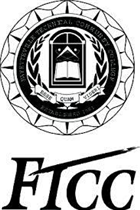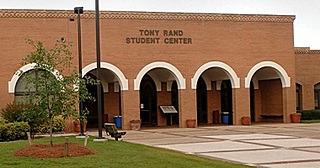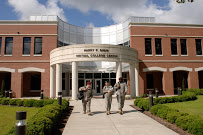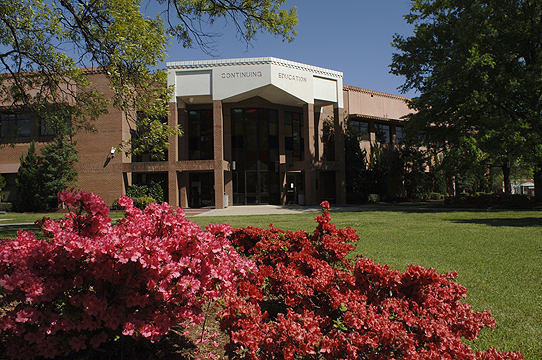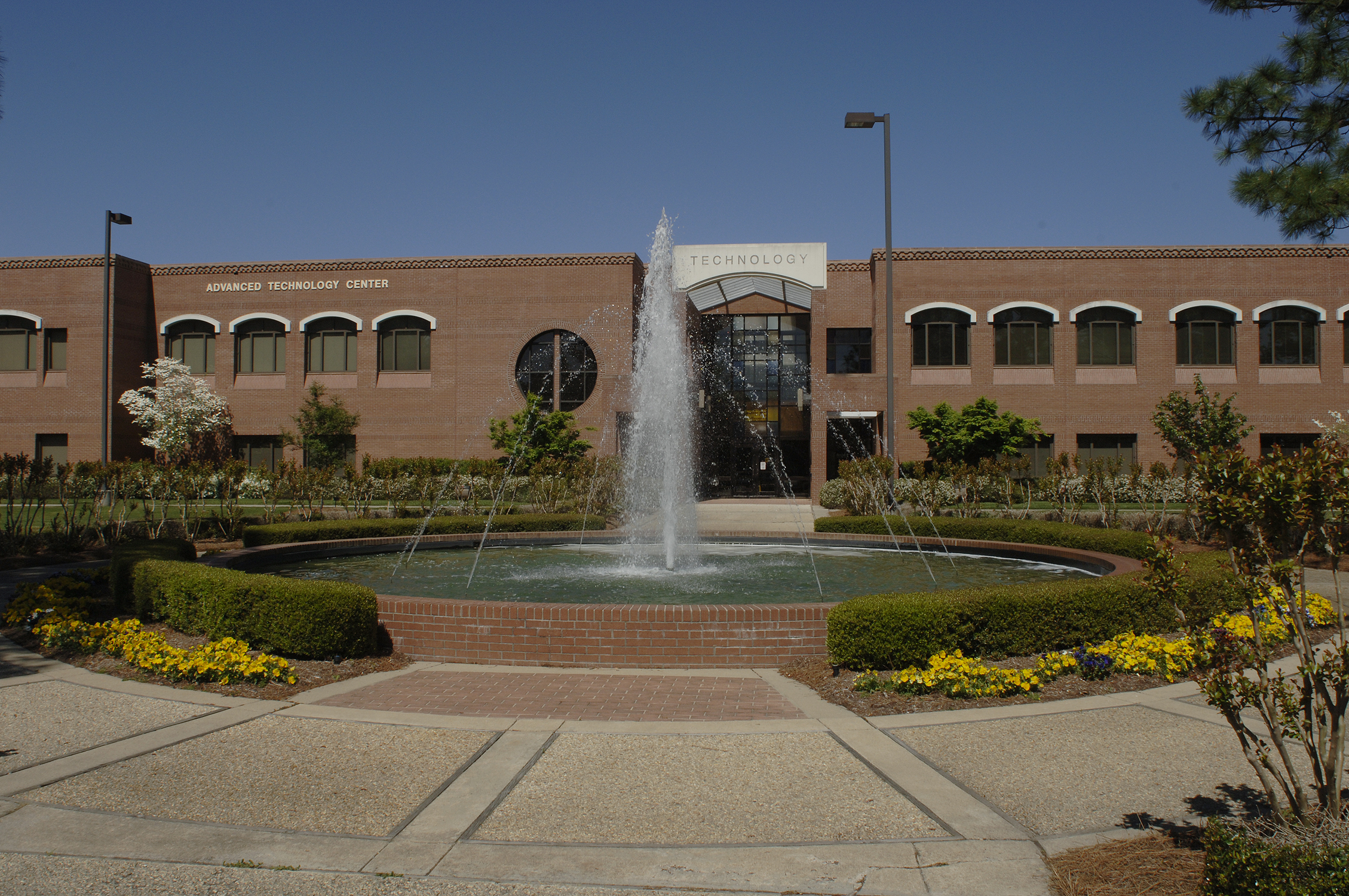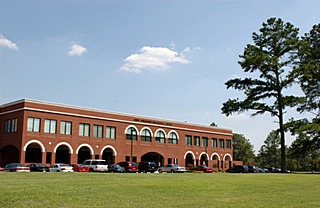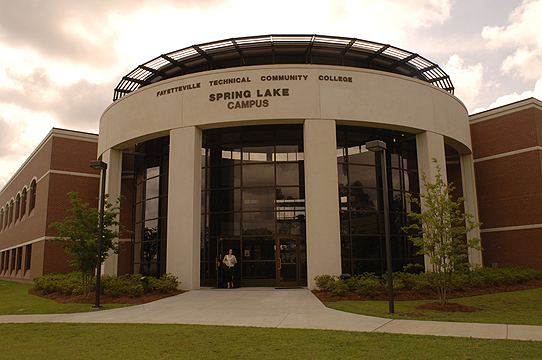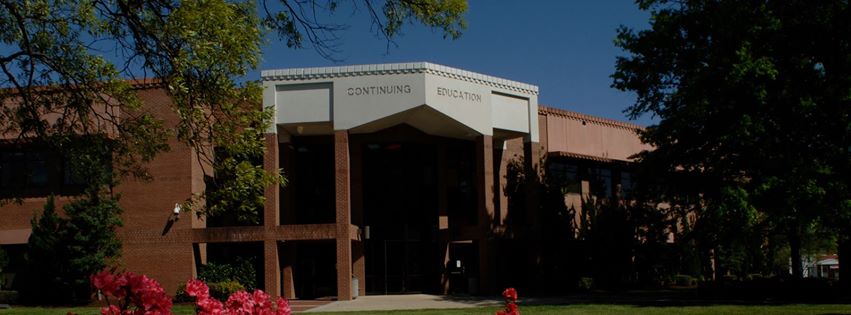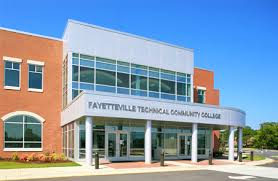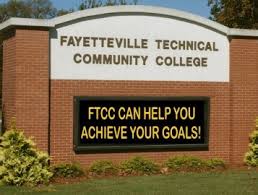
 |
|---|
4.8 An institution that offers distance or correspondence education documents each of the following:
(Distance and correspondence education)
4.8.1 demonstrates that the student who registers in a distance or correspondence education course or program is the same student who participates in and completes the course or program and receives the credit by verifying the identity of a student who participates in class or coursework by using, at the option of the institution, methods such as (a) a secure login and pass code, (b) proctored examinations, or (c) new or other technologies and practices that are effective in verifying student identification.
| ____ Non-Compliance |
|---|
Summary
Fayetteville Technical Community College demonstrates compliance that the student who registers in a distance or correspondence education course or program is the same student who participates in and completes the course or program through secure encrypted login and pass code.
Narrative
Students admitted to Fayetteville Technical Community College (FTCC) are assigned a unique identification number by the College's computer system (Colleague Information System - CIS) known as their student ID number. This student ID becomes the unique identifier for the student throughout his/her academic career at FTCC. To access Blackboard®, the College’s learning management system, a student inputs his/her user ID and date of birth for the initial login. Students are then prompted to create an exclusive, encrypted password. When a student registers for distance learning classes, his/her user ID is systematically tied directly to the corresponding class shell in Blackboard®. After three (3) repeated unsuccessful login attempts, the student is locked out of the system and must contact the Management Information Systems office for the password to be reset.
In addition to the use of a secure login and password, FTCC uses proctored exams. Students taking distance education courses have three methods they can use for their exam.
- Students can use the Student Learning Center (SLC) on the Fayetteville Campus. Tests are delivered to the SLC by the faculty, ensuring that testing materials are not handled by students prior to test administration. Instructors fill out a testing cover sheet that outlines the instructions and provides guidelines for the student, the instructor, and the SLC staff. Students must show his/her current student photo ID prior to taking the exam.
- Students can also take the exam at any other location with verification of the proctor’s credentials.
- Students can use ProctorU. This service provides video monitoring of students while they test. The student must have a webcam and pay a $25.00 fee.
The College continuously reviews new technologies that would be applicable to distance education. Recommendations are submitted by faculty, staff, and students to the Technology Committee for their research and consideration. Minutes from the committee meeting are available to the public for review. The Technology Committee retains a strategy focused on security while using any technological equipment and software, which is reflected in the Technology Plan. The Technology Committee can request funding for equipment and software using an equipment decision package.
Faculty are required to complete the Excellence in Teaching course as a condition of employment. This course includes training directly related to teaching students in a hybrid or distance education learning environment. Faculty teaching distance learning education courses are required to complete the North Carolina Community College System’s Certified Online Instructor Level 1 course to ensure consistency of state and local standards. Both courses provide training and knowledge of procedures used to validate student identification as they are assessing performance and providing feedback. Through this teacher/learner connection, a strong student voice is established that authenticates personal work. Faculty are encouraged to make recommendations for distance education technology improvements as such technologies become available. All distance education courses undergo a stringent design and review process that assures strong faculty/student interaction.
| 4.8.1 | |
| Link Name | File Location |
| unique identification number | /5thYearDocs/4.8.1/Whole Admissions Letter.pdf |
| user ID | /5thYearDocs/4.8.1/BlackBoard-Log-in.png |
| reset | /5thYearDocs/4.8.1/password-reset-blackboard.PNG |
| testing cover sheet | /5thYearDocs/4.8.1/Testing Guidelines.pdf |
| verification | /5thYearDocs/4.8.1/PROCTORINFO727.pdf |
| ProctorU | /5thYearDocs/4.8.1/proctoru.pdf |
| committee meeting | /5thYearDocs/4.8.1/TECHMEETINGMINUTES727.pdf |
| Technology Plan | /5thYearDocs/4.8.1/TechnologyPlan.pdf |
| equipment decision package | /5thYearDocs/4.8.1/EQUIPMENT DECISION727.pdf |
| Excellence in Teaching | /5thYearDocs/4.8.1/EIT.png |
| Certified Online Instructor Level 1 | /5thYearDocs/4.8.1/COI.png |
